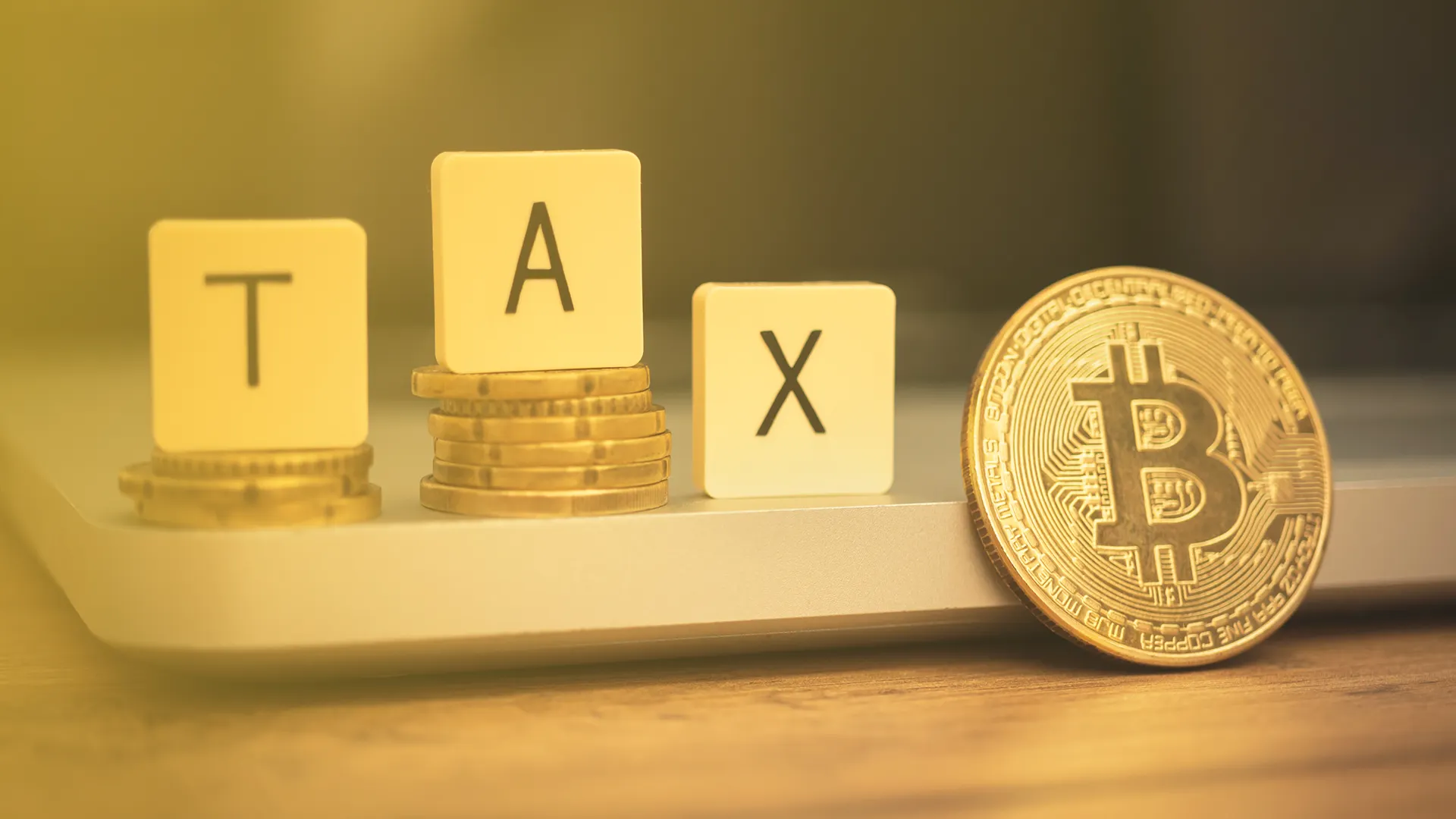Canada Leads Global Bitcoin Adoption
Canada continues to be a global leader in Bitcoin adoption. As of 2024, about 10.1% of Canadians held cryptocurrencies, including Bitcoin, ranking ahead of countries like Australia and Germany. Bitcoin is classified as a commodity in Canada, making its use legal for individuals and businesses. Regulatory oversight by the Financial Transactions and Reports Analysis Centre of Canada (FINTRAC) and the Canadian Securities Administrators (CSA) ensures a safe environment for buyers and investors.
Canadians can purchase Bitcoin through centralized exchanges (Binance, Coinbase, Kraken), local platforms (Newton, VirgoCX), decentralized exchanges (DEXs like Uniswap), Bitcoin ATMs, and even spot Bitcoin ETFs on the Toronto Stock Exchange. Crypto exchanges must comply with AML and KYC rules, and crypto earnings are taxed as capital gains or business income.
Also read: How to Stake Solana (SOL) in 2025: A Beginner-Friendly Guide to Earning Passive Income
Multiple Ways to Buy and Store Bitcoin
The most common way to buy Bitcoin is through a centralized exchange, where Canadians can fund accounts using CAD and buy Bitcoin instantly. For advanced users, non-custodial wallets like Trust Wallet allow direct Bitcoin purchases, providing full control over funds. DEXs require trading for wrapped Bitcoin (WBTC), while Bitcoin ATMs across Canada offer fast, cash-based purchases with basic ID verification.
Investors preferring traditional methods can buy Bitcoin ETFs through brokerages, avoiding the need to manage digital wallets. To store Bitcoin securely, Canadians use cold wallets (hardware wallets) or non-custodial wallets, reducing exposure to hacks. Proper record-keeping is essential for tax compliance.



